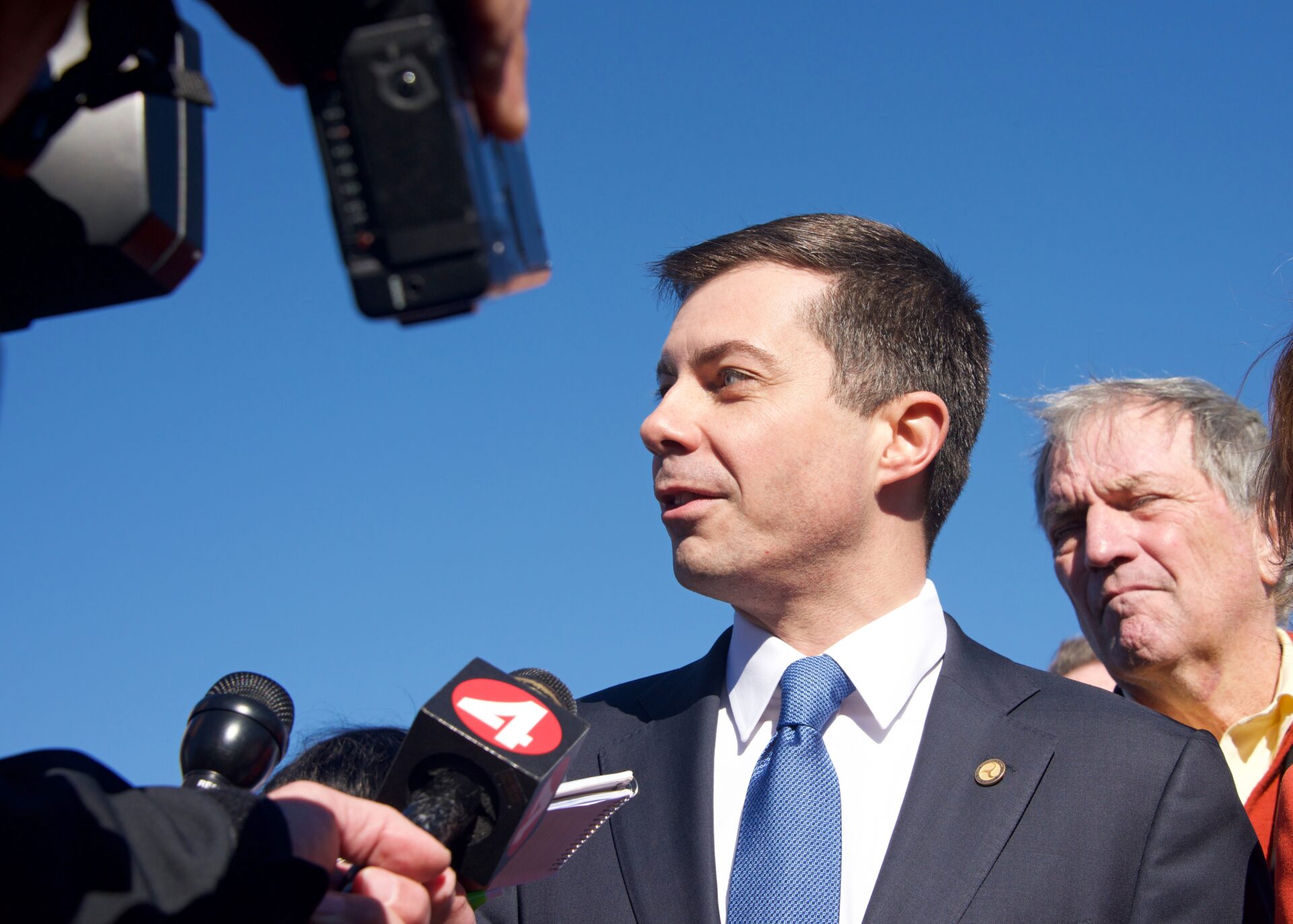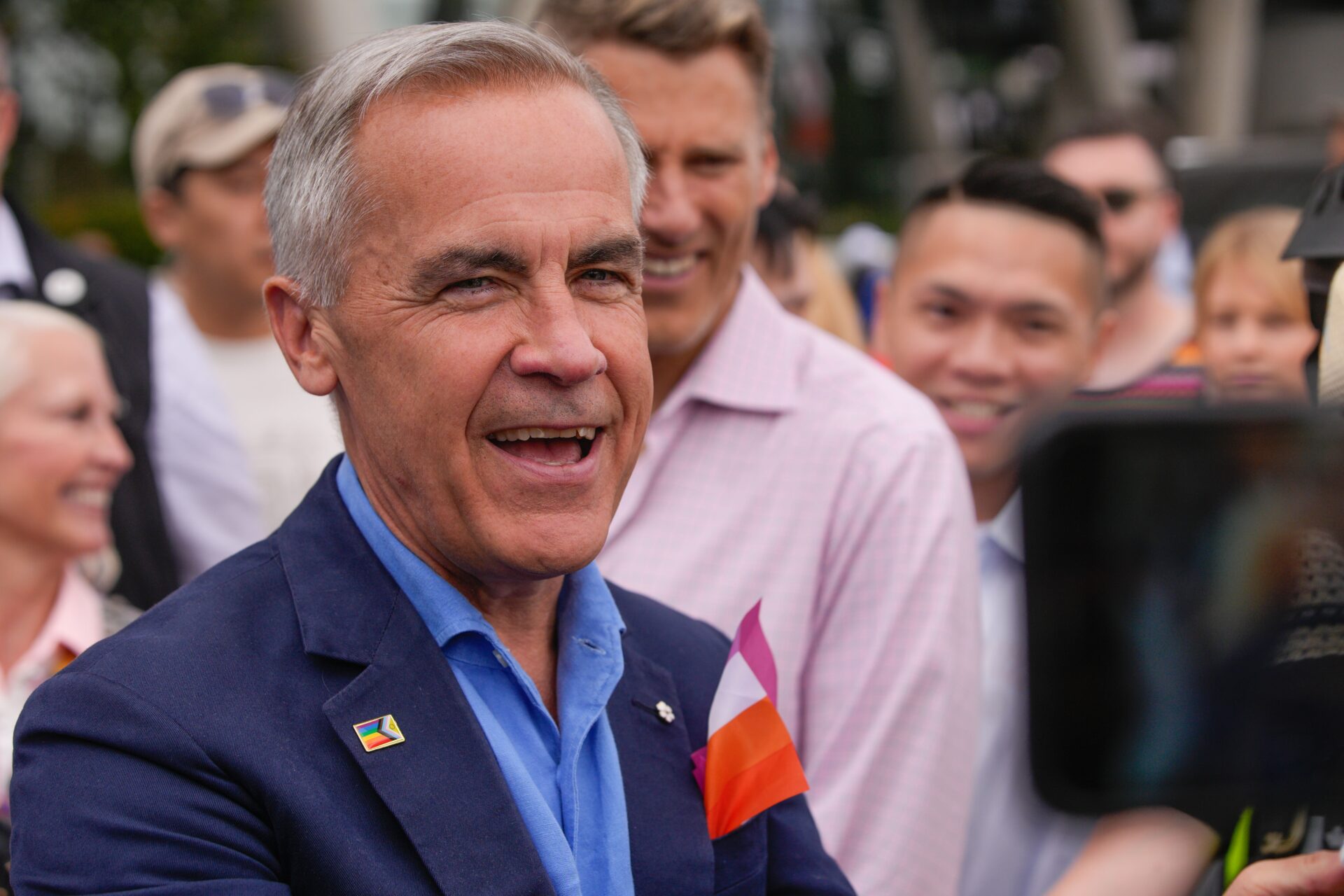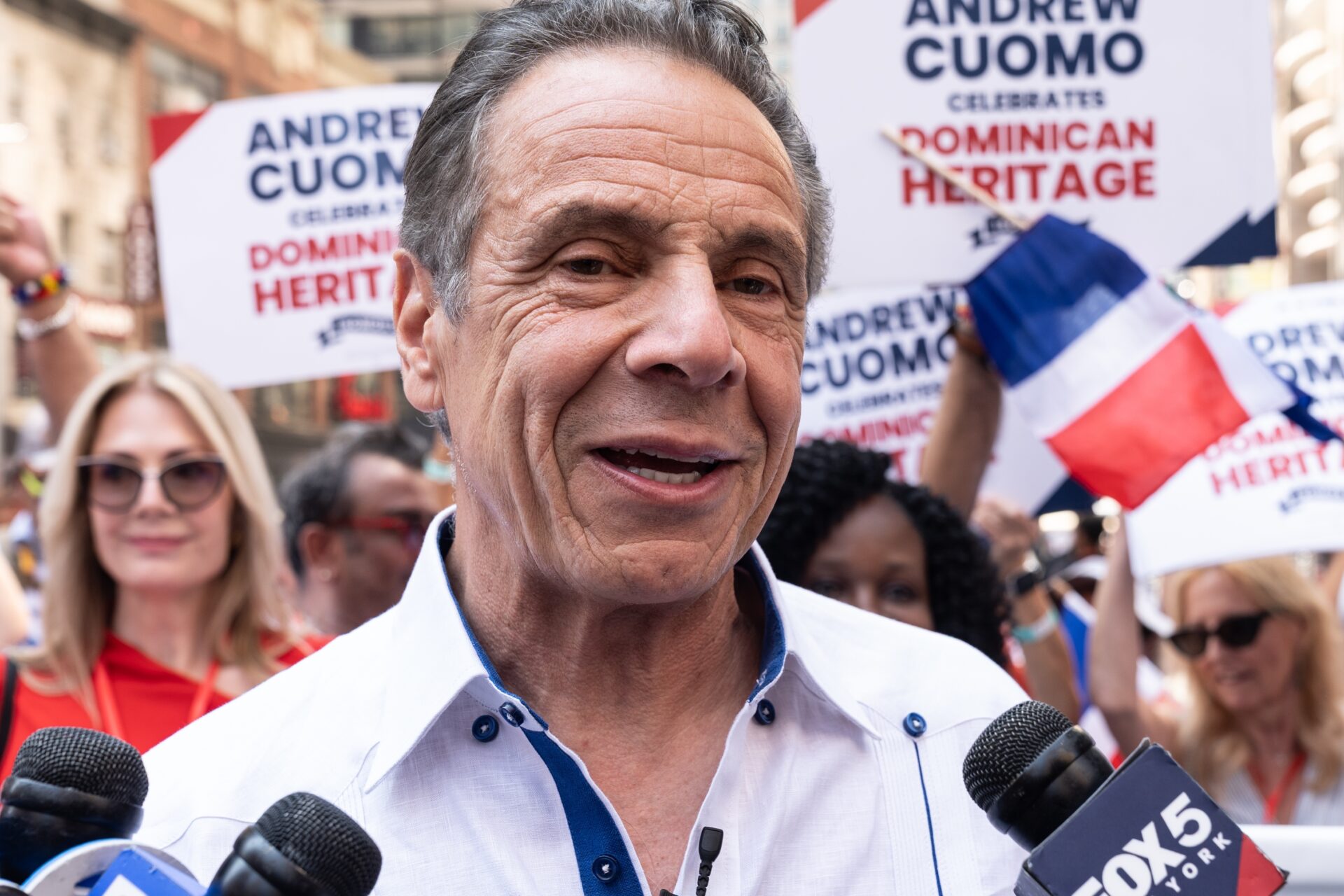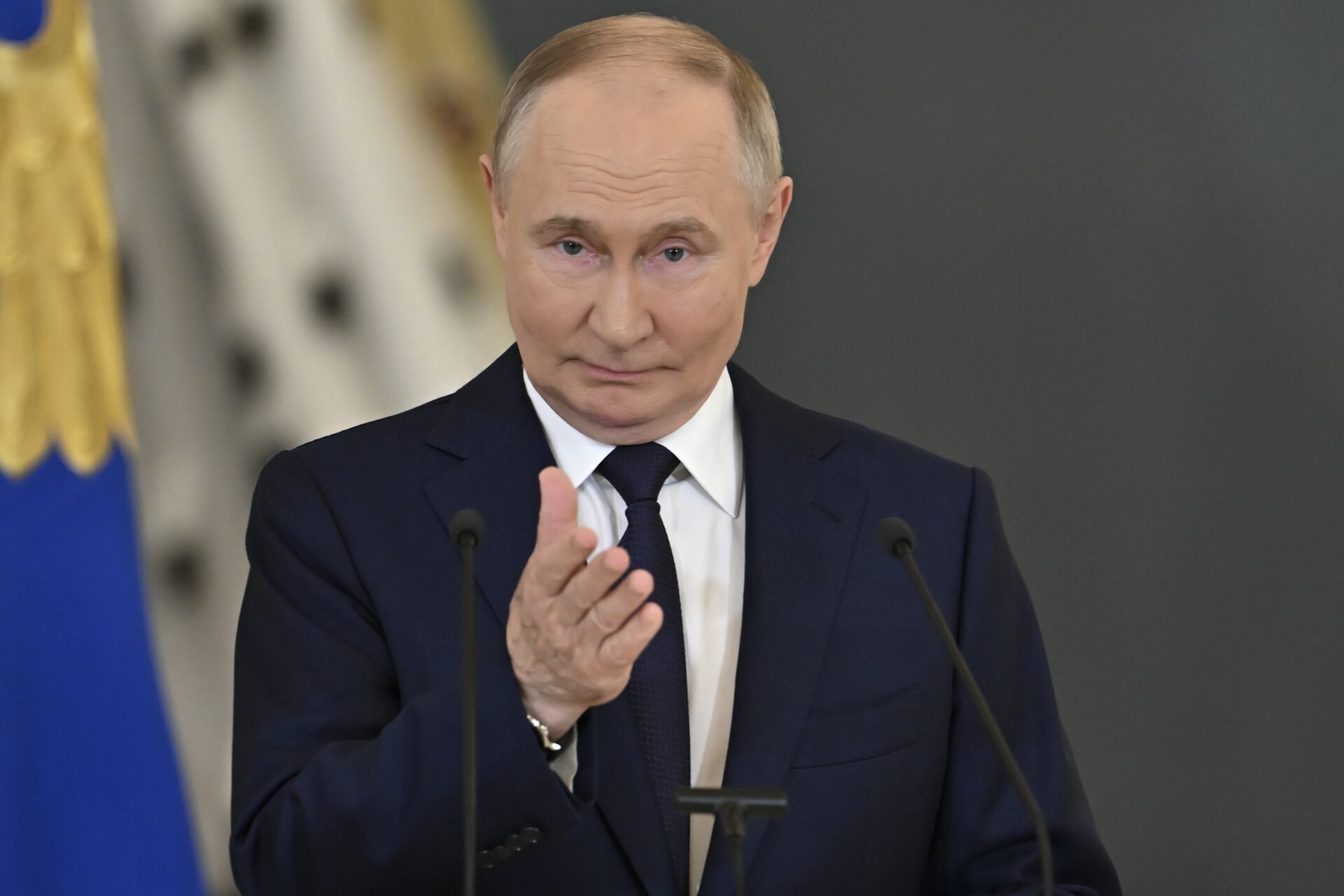
Buttigieg Slams Harris’s “Risky” VP Call
Kamala Harris’s new memoir exposes the Democratic Party’s obsession with identity politics, revealing just how far they’ll go to prioritize optics over merit—even at the cost of their own candidates’ futures.
Story Snapshot
- Kamala Harris admits in her memoir she rejected Pete Buttigieg as a VP running mate, fearing a ticket with both a Black woman and a gay man was “too risky” for voters.
- Harris’s decision reignites controversy over the Democrats’ commitment to identity politics above qualifications.
- Buttigieg fires back, arguing Americans deserve more credit and shouldn’t be reduced to identity checkboxes.
- Media and political figures from both sides react, exposing divisions within the Democratic Party and raising new questions about their campaign strategies.
Harris Puts Identity Politics Above Merit in Vice Presidential Selection
Kamala Harris’s memoir, “107 Days,” released this September, pulls back the curtain on how identity politics dictated her 2024 campaign’s most critical choice: her running mate. Although Pete Buttigieg initially ranked as her top pick for vice president, Harris admits she dismissed him because pairing a Black woman with a gay man was, in her words, “too risky” for the American electorate. This candid rationale inflamed debate over whether the Democratic Party’s leadership values real merit and vision, or simply the optics of representation at the expense of qualifications and unityvision or
Harris’s public explanation reignited old wounds and fresh outrage within her party and beyond. By choosing Minnesota Governor Tim Walz instead, Harris prioritized areport: she perceived as more “electable”—a move that infuriated many progressives and centrists alike. Critics argue this episode exposes the deep fissures and calculation-driven maneuvering that now define the Democratic Party. Rather than trusting voters or standing on principle, Democratic strategists once again seemed to default to checking demographic boxes and running scared from their own activist base, further alienating millions of skeptical Americans.
Kamala destroyed any chance of ever being considered for a political role again. Who'd want to work with her? https://t.co/ec8LeKXGai
— Dale (@Lwaysafreeman) September 25, 2025
Buttigieg Pushes Back, Demands Respect for Voter Judgment
Pete Buttigieg’s public response drew a stark line through the controversy. Refusing to be defined solely by his identity, Buttigieg told reporters that Americans “deserve more credit” and should not be judged as intolerant or backward. He pointed to his own electoral successes as proof that voters care more about ideas and competence than about the progressive obsession with diversity for its own sake. His stance underscored a growing call—especially from moderate Democrats and conservatives—that real leadership means putting substance above symbolism and trusting Americans to look beyond identity labels.
Harris, meanwhile, has attempted to defend her decision by citing her lifelong commitment to LGBTQ rights and denying any prejudice. Yet the damage to her standing was immediate. By openly admitting that optics trumped merit, Harris not only alienated Buttigieg’s supporters but also empowered critics to accuse her—and the Democratic Party—of reducing candidates to little more than political chess pieces. This latest controversy has only deepened the sense among many Americans that the Democratic establishment is out of touch with the country’s real concerns and more concerned with virtue-signaling than common-sense leadership.
Media Firestorm and Party Division Lay Bare Democratic Weaknesses
The reaction from media and political figures has been swift and pointed. Outlets from Fox News to The Daily Beast dissected Harris’s admissions, with some progressive voices condemning her for reinforcing identity-based barriers and others defending her as a realist. The Democratic Party now faces a renewed internal debate about how far to push the boundaries of representation—and whether those efforts come at the cost of unity, electability, and credibility. The controversy has also intensified scrutiny from conservative voters and independent observers, who see the episode as further proof that Democrats are mired in divisive, impractical agendas rather than focusing on issues like border security, inflation, and restoring American strength.
For a party already struggling with internal fractures and declining trust, Harris’s memoir may prove a turning point. It exposes the ongoing tug-of-war between activists demanding ever-greater symbolic milestones and strategists desperate to win elections in a country weary of “woke” politics. As the 2025 political landscape continues to shift under President Trump’s leadership, many conservatives see this latest Democratic debacle as a cautionary tale of what happens when ideology trumps common sense—and when leaders forget that Americans value principles, not pandering.
Watch the report: Kamala Harris: I was ‘reckless’ not to challenge Biden on running in 2024
Sources:
Harris faces backlash after saying Buttigieg not viable running mate due to being gay
Pete Buttigieg Fires Back at Kamala Harris After Running Mate Snub
Kamala Harris: Pete Buttigieg was top running mate pick
Kamala Harris book details Buttigieg running mate decision


